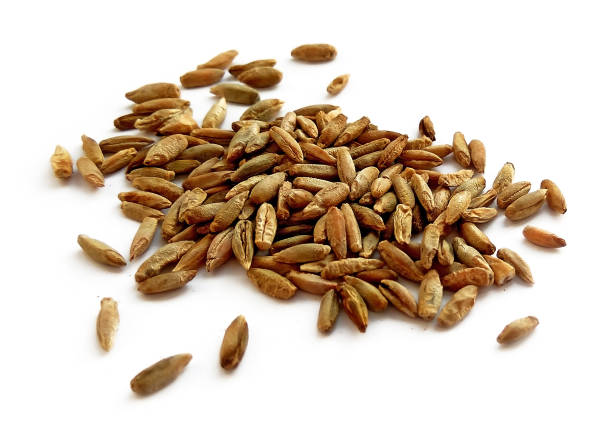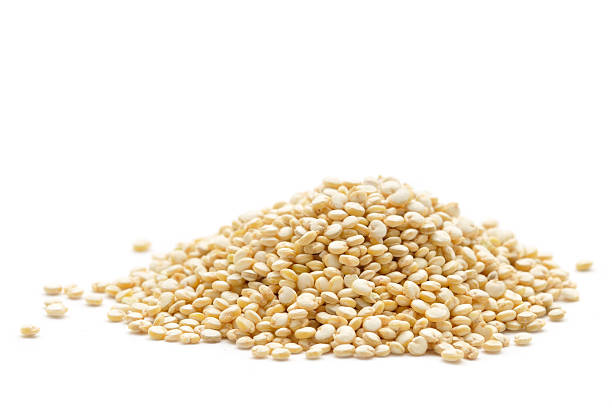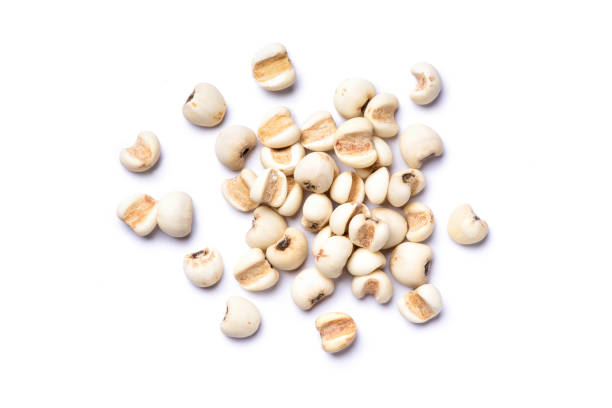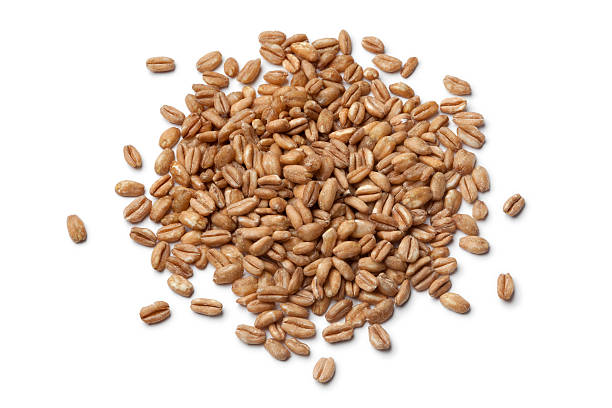In the world of grains, rye emerges as a nutritional powerhouse, celebrated for both its distinctive flavor and its impressive array of essential nutrients. From hearty bread to wholesome cereals, rye has carved its place as a versatile and nourishing grain that offers a host of health benefits, making it a valuable addition to balanced diets.
Complex Carbohydrates for Sustained Energy
At the core of rye’s nutritional profile is its abundance of complex carbohydrates. These carbohydrates, in the form of whole grains, provide a sustained and steady release of energy. The slow digestion of rye’s complex carbohydrates helps maintain stable blood sugar levels, offering a prolonged source of vitality throughout the day. This characteristic makes rye an excellent choice for individuals seeking sustained energy and satiety.
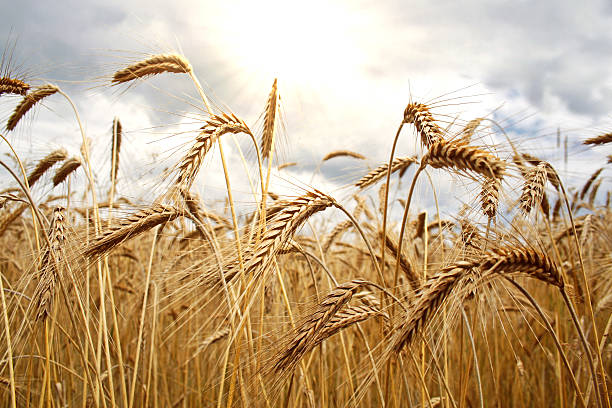
Fiber-Rich Goodness:
Rye stands out as a notable source of dietary fiber, encompassing both soluble and insoluble fibers. This fiber content contributes to digestive health by promoting regular bowel movements, preventing constipation, and fostering a healthy gut environment. Rye’s soluble fiber, including beta-glucans, has been associated with potential benefits for heart health, including the reduction of cholesterol levels.
Protein Powerhouse:
Rye contributes a significant amount of protein to the diet, making it a valuable source of essential amino acids. Protein is essential for muscle repair, immune function, and overall growth and development. While not as protein-dense as some other grains, the protein content in rye adds a crucial nutritional dimension to its profile.

Vitamins and Minerals (B Vitamins, Iron, Magnesium):
Rye enriches diets with a spectrum of essential vitamins and minerals. B-vitamins such as thiamine (B1), riboflavin (B2), niacin (B3), and folate (B9) play pivotal roles in energy metabolism and overall cellular health. Rye also provides minerals like iron, essential for oxygen transport in the blood, and magnesium, which supports muscle and nerve function. This nutritional diversity enhances the overall health-promoting aspects of rye.
Antioxidant Content and Heart Health:
Rye contains antioxidants, including phenolic compounds, that contribute to its potential anti-inflammatory effects and protection against oxidative stress. These antioxidants, along with rye’s fiber content, may contribute to cardiovascular health by helping to regulate cholesterol levels and blood pressure.
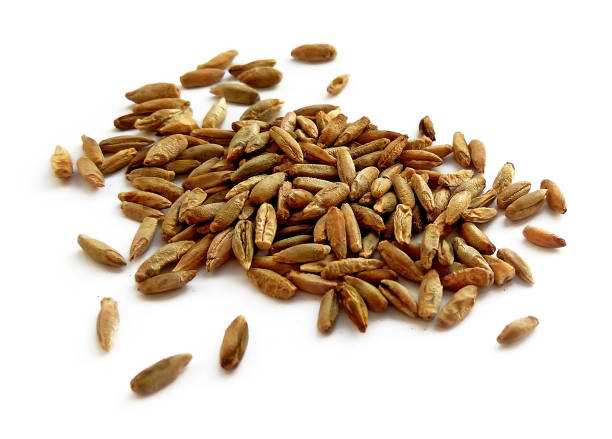
Culinary Versatility and Cultural Significance:
Rye’s culinary versatility is evident in its use in various forms, from whole rye berries to flour, contributing to a range of dishes. Rye bread, a staple in many cultures, holds cultural significance and is celebrated for its hearty flavor and nutritional density. The resilience and adaptability of rye have made it a symbol of sustenance in diverse culinary traditions.
In conclusion, rye, with its robust flavor and nutritional richness, is not just a grain; it is a testament to the enduring value of whole foods. From sustained energy with complex carbohydrates to digestive-friendly fiber, essential vitamins, minerals, and a significant protein contribution, rye stands as a nutrient-dense grain that embodies the essence of balanced and wholesome nutrition. As we savor the hearty goodness of rye, we are not just enjoying a grain; we are partaking in a nutritional journey that honors the nourishing potential of whole foods.

